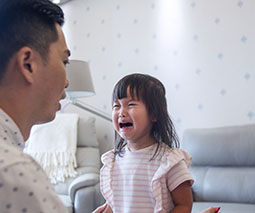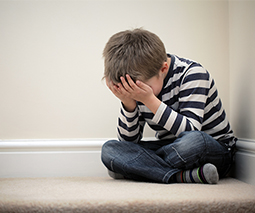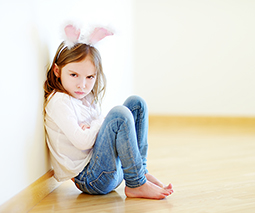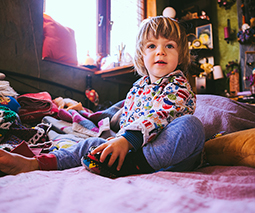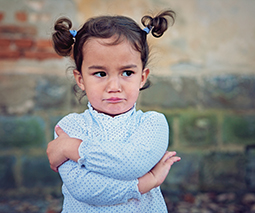So your child just dropped the F-bomb – what should you do?
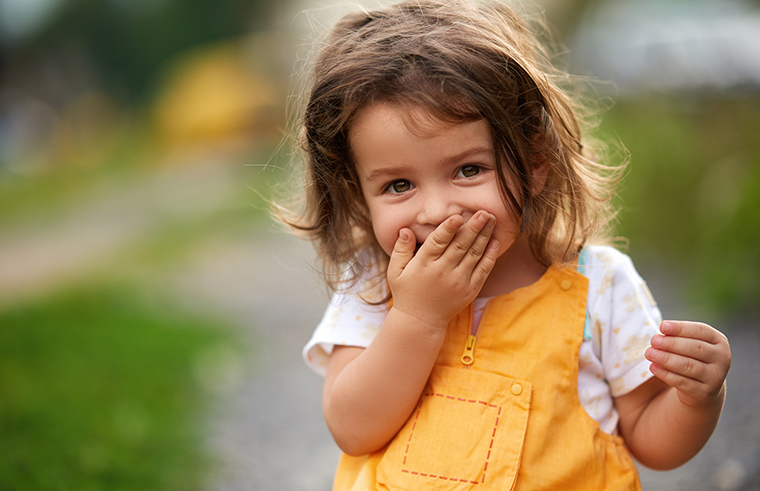
As parents, sooner or later we’re going to find ourselves in that tricky situation where our child has just sworn right in front of us and we have a choice to make. Do we tell our kids that some words are just for adults? Is it okay to be proud if they use a swear word in the right context?
We asked father of two, and Fellow at the Ethics Centre, Dr Matt Beard, his thoughts on kids and swearing.
Listen to Dr Matt Beard on Feed Play Love:
Why does swearing bother us?
We all know that swearing can be considered offensive and most of us would do a double-take if we heard our child swear, but Matt says we should step back and ask ourselves why. “I think that our big fear when we’re raising children, is not that our children will swear, but that swearing is indicative of something … that we don’t want our child to be ‘that kind of person’.”
Looking at our own attitudes around what swearing represents to us is the first step in knowing what kind of stand to take with our kids. Matt recommends that as parents we need to examine our default beliefs and question them. Maybe we’re thinking that our child is too young to use a particular word, or that encouraging our child not to swear shows that we’re a good parent, without really thinking about why we believe this. “We often have … beliefs; that swearing is always a marker of bad character,” says Matt. “And there are a lot of beliefs tied up in that. There are classist beliefs tied up in that, there are a number of different ways that we can be affected by what we think is appropriate or not.”
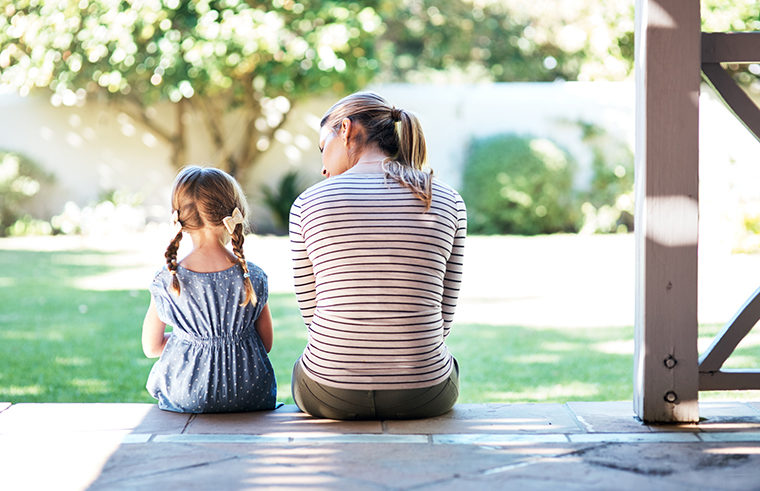
Swearing has a function
Rather than agonising over which words are appropriate or inappropriate for our children to use, Matt says we could consider it from a different angle.
“This might be a strange way to frame this, but we want to think about: what makes for a really good swear? When would swearing be a marker of excellence; of someone who genuinely understands the situation that’s in front of them?” Matt points out that people use swear words when they’re deeply frustrated or moved, and swearing can be a marker of passion and concern to express a strong sentiment.
Be curious about our child’s intent
Focusing on the words our child has used rather than the intent behind them, is a common mistake parents make. “I think we need to have a little bit of curiosity,” Matt advises. “Firstly, around why it is that our child wants to use that word in that context, and secondly, why it is that we have the aversion that we do?”
Matt suggests that if we’re telling our kids not to use swear words because we’re worried that someone else is going to hear, and judge our parenting, then that may not be such a solid reason. But if our child is using swear words to hurt another person in some way, then that’s an ethical consideration. “I think that it’s also about understanding that words … reflect beliefs.”
If our child is swearing about someone to put them down or judge them, we can take this opportunity to consider if we need to encourage our child to be more empathetic and curious about other people. “It’s actually partly about the attitude that that statement reveals, rather than the word itself,” Matt explains. “And I don’t think we do ourselves any favours when we focus on the words alone, independent of the kinds of beliefs, understandings of the world, social awareness, and all of those questions that sit behind the use of a particular word.”
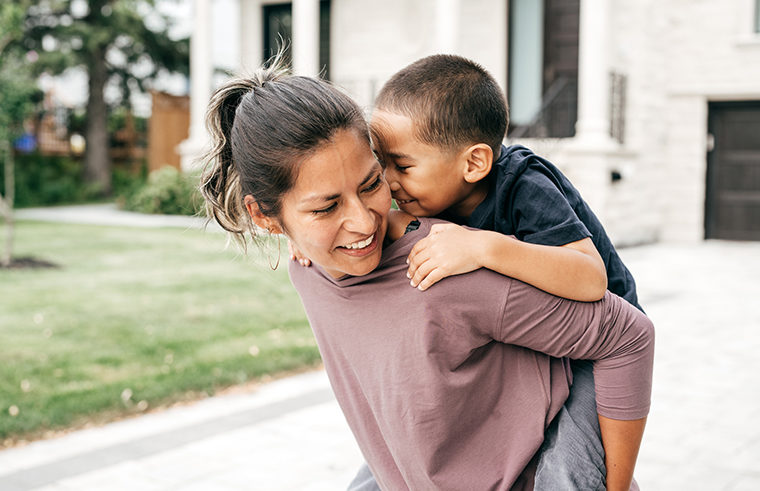
Can there be one swear rule for adults and a different one for kids?
Matt suggests that the notion children will reach a particular age and stop being a child and start being an adult who now knows how to swear, is a fantasy. “If you tell kids that they’re absolutely never allowed to swear, but they can when they’re grown-ups, then you will get a whole bunch of grown-ups who don’t know how to swear well, and you’ll get a whole bunch of kids who are swearing because it’s taboo.”
Understanding that our children are competent, and can be taught the difference between, “good swearing versus not good swearing,” says Matt, is a more useful approach. “I think that there’s much more value … in saying, well, this is why people can take a certain attitude to swearing, but this is what we want. This is the kind of person that we want you to be. And we apply that across the board in every circumstance; whether we’re thinking about the way in which our kids play with other kids, the way in which they process their emotions, whether or not they’re using their words, or whether or not they’re swearing.”
We also need to consider what we’re modelling to our kids. Matt points out that if we swear around our kids but tell them never to do that, “We’re immediately setting ourselves up for hypocrisy, right? And there’s nothing that – whether you’re an adult or a child – there’s nothing that stinks more than hypocrisy.” Showing our kids that they have to do what we say but not what we do, will only send our kids the message that they don’t really need to listen to us.
“I think there’s much more work to be done in saying swearing is not a special thing that we should put on a pedestal. It’s a way in which we communicate and express what we’re thinking and feeling. But like any word, we want to use it in the right context and in the right way. And like any action, it can have an effect on the people around us that we need to think about.”
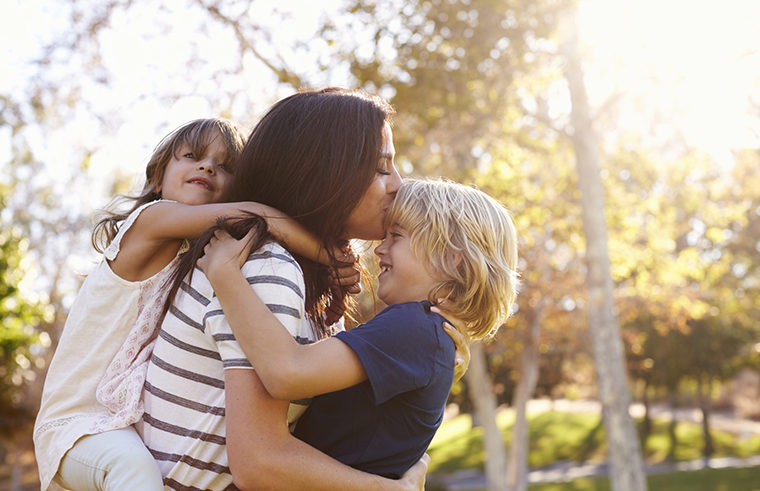
What matters more than swearing, is mindset
At the end of the day, teaching our children to be mindful that their words and actions have an impact on other people is more important than whether or not our child swears.
“We want children and adults who approach the world with a mindset of care and respect,” Matt explains. “Our actions have ripple effects out into the world, it’s really hard to define in advance what’s going to make something offensive or not. But we can, in advance of a situation, try to encourage children and adults to think about every person around them with respect and an attitude of care. And I think that might be what’s sitting at the heart of the conversation around swearing.”
